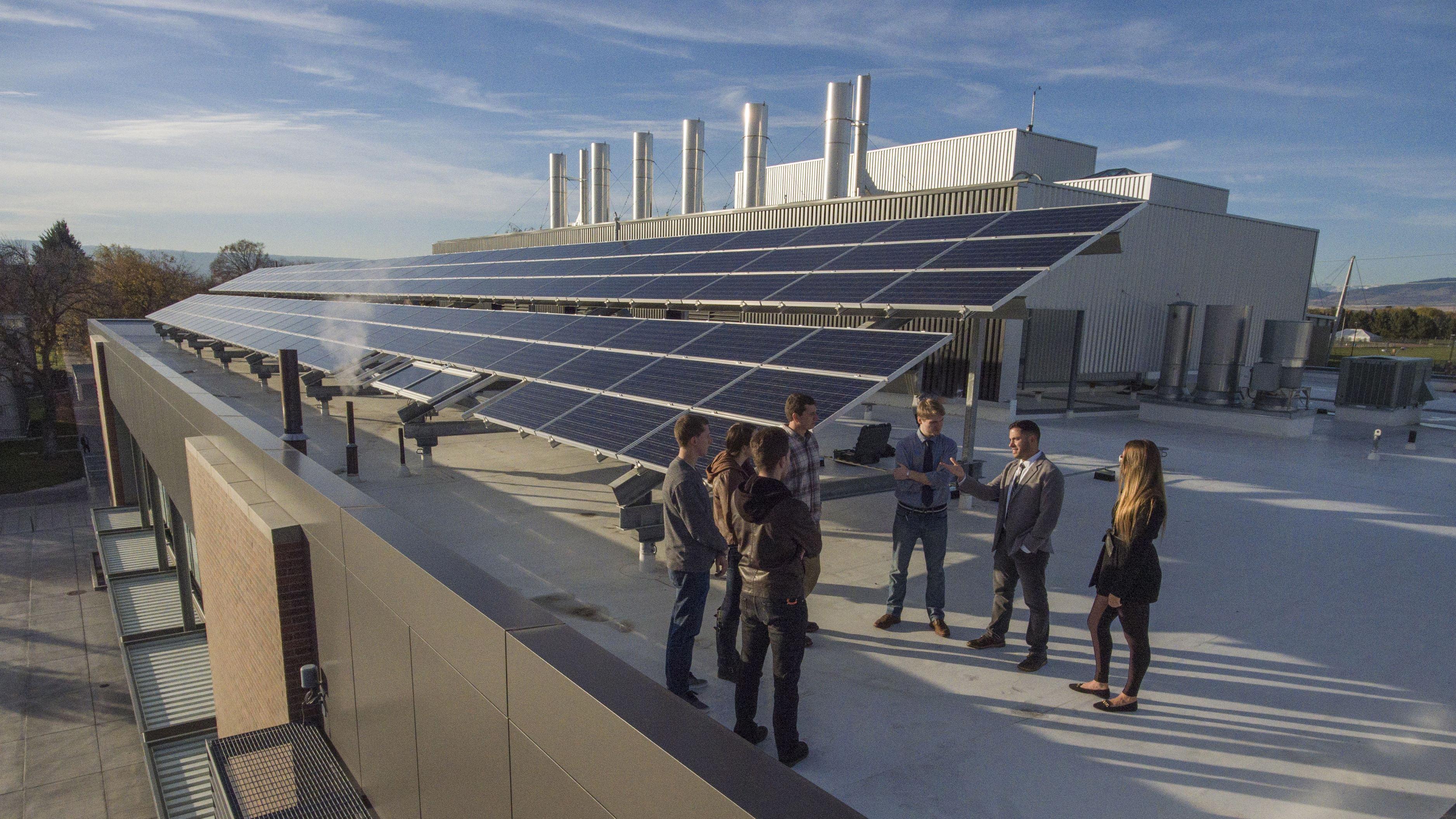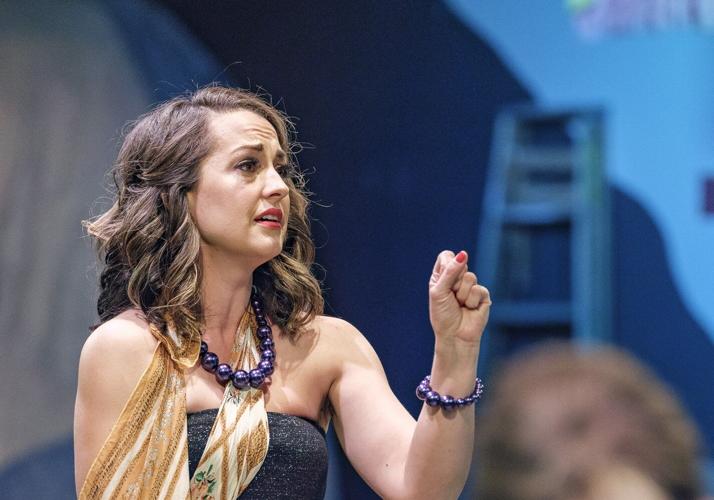
Integrated Energy Management
FAQs
Frequently Asked Questions
Here is a list of questions most often asked by students:
Why do I need to apply to Integrated Energy Management (IEM) when CWU has already accepted me?
There are two different admission processes. Once a student is accepted by CWU, they can make application for pre-major or major in the Integrated Energy Management degree program. The decision to admit to the IEM is based on performance in a very specific set of courses.
What is pre-major status? How do I become an IEM pre-major?
Pre-major status means that you have expressed an interest in a major, although you have not completed all requirements necessary to be accepted into the major. While declaring IEM as your pre-major does not mean you have been formally admitted into the degree program, it does allow IEM to better track your progress towards the major and to provide adequate class space for pre-admission courses.How do I declare myself an IEM major?
Submit your intent to declare to IEM via this form. Once you reach 75 credits and are near completion of your pre-admission courses, your pre-admission GPA will be calculated and your Application for Major will be considered for final approval. If approved, a formal letter of admission will be sent to you.
What specialization tracks are offered by IEM?
Students graduate with a bachelor of science degree in Integrated Energy Management which makes them emerging experts in one of the following three specializations: integrated energy policy, integrated energy business, and integrated power systems. In brief:Integrated Energy Policy includes GIS, planning, policy, and environmental implications of energy production and consumption.
Integrated Energy Business has a strong focus on supply chain logistics, business, and economics
Integrated Power Systems links energy technologies and the physical understanding of power systems
What are the classes I must take before I start the classes in my specialization?
Each student, regardless of their specialization choice, begins their learning taking 28 credit hours of Foundational Courses and 38-39 credit hours of Core Courses. The Foundational and Core Coursework provide a solid learning foundation for students as they progress through their selected specialization track.
What classes do I take within my selected specialization?
After a student selects the specialization track of interest, they find some required courses coupled with electives. For AY 2016/17: In the Integrated Energy Policy Specialization (PDF), there are 17 credit hours of required classes, and another 18-20 credit hours of electives. There are 20 credit hours of required courses in the Integrated Energy Business Specialization (PDF) along with 15 credit hours of electives. The Integrated Power Systems Specialization (PDF) has 18 credit hours of required classes and 18-20 credit hours of electives. Click on the specialization listed above to get a list of coursework by specialization.
Select students regardless of their chosen specialization have the opportunity to participate in an extended cooperative education/professional apprenticeship. This apprenticeship may last up to six months, is likely to be a paid apprenticeship and is credit baring, and part of the student’s elective coursework.
How do I develop an academic plan that allows me to graduate in four years?
As an IEM degree major, you will be assigned an academic advisor to guide you through your academic journey. Initially, the two of you will create a four-year academic plan. As with many plans, the content may evolve over time, and as it does, your plan is updated. You and your advisor will meet at least quarterly to keep tabs on your progress, assess any course corrections, and ensure you are on track to degree completion in four years. Effective time management and your own motivation will get you to degree completion on time.
How do I find out more about the apprenticeship opportunity?
Select students will have the opportunity to engage in a credit-bearing, business-hosted, extended (up to six months) cooperative education/apprenticeships with participating businesses. This applied learning experience happens in a student’s junior or senior year, and allows for the student to: (1) put in practice what they have learned in the classroom; (2) receive credit towards their degree; and (3) receive specialized training from the type of company where they may work after graduation.
What sort of job might I pursue after graduation?
Many employers are looking for employees with the knowledge, skills and abilities you will gain through this degree program.Here are just a few of the kinds of in-demand, high-paying careers that are open to graduates organized by specialization:
Integrated Energy Policy
Energy ForecastingEnergy and GIS
Energy Economic Policy
Energy Geography
Energy Law
Energy and Geology
Integrated Energy Business
Energy Supply Chain
Integrated Power Systems
Energy Construction Management
Energy Industrial Engineering
Energy and Safety
Electrical Systems
CWU News

Health Sciences professor to reprise role in ‘9 to 5 the Musical’
April 22, 2024
by University Relations

CWU Publicity Center wins three categories at international competition
April 22, 2024
by Rune Torgersen